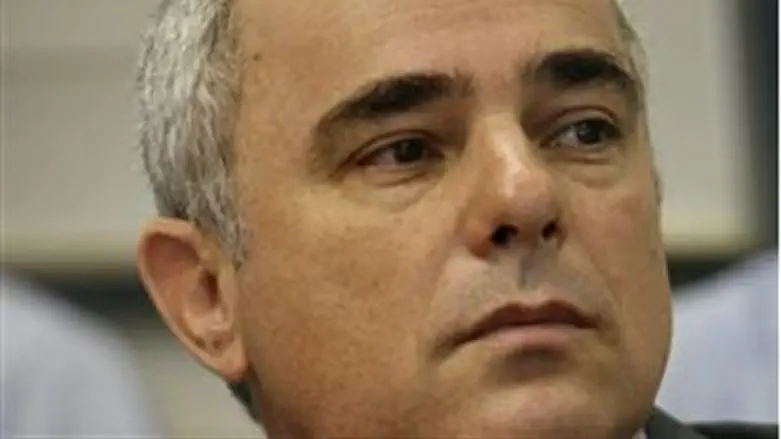
As things stood Saturday night, Israelis were likely to wake up to a nationwide strike of just about every public service and many private businesses on Monday morning, as the Histadrut labor union planned to use its considerable weight to achieve its goals of ending the practice by many government and private organizations to hire non union “temporary” contract workers from employment agencies.
While the union is demanding pay raises for several groups of workers, its main demand is that tens of thousands of contract workers be integrated into the ranks of full-time workers – and union members. Under the current conditions, government organizations that have filled their funded positions but need more personnel, hire contract workers, who are often not paid the same wages as full-time workers, and do not always receive full benefits.
Private companies with large numbers of unionized workers hire contract workers as well, sometimes to avoid paying them benefits such as vacation days, but one of the main reasons employers cite is the need to be able to decide whom to hire and whom to fire.
The labor union's rules force employers to fire the last person hired when cutting back, so that workers who are not pulling their weight and may be the cause of layoffs cannot be fired, while newer, more efficient ones are the first to go. Many of the newer and successful private Israeli companies do not allow workers to unionize for that reason.
The Histadrut has long demanded that all workers be unionized, but the government has refused to do so.
Negotiations, which have been going on for weeks, picked up again Saturday night after Shabbat, but the two sides are said to still be far apart. On Saturday night, reports said that the government has offered a compromise – the hiring of between 1,000 and 2,000 contract workers with full-time contracts – but the offer was rejected.
Speaking Saturday night, Finance Minister Yuval Steinitz said that the government was doing everything it could to prevent the strike. “We believe that this strike is absolutely unnecessary,” Steinitz said. “We agree with the Histadrut that something must be done to help contract workers.” Steinitz said that he was very interested in improving the lot of Israeli workers in general. “We are the only country in the world that raised the minimum wage in the past year,” he said.
Histadrut officials said that the intervention of Prime Minister Binyamin Netanyahu was necessary in order to prevent a strike.
Among the services that are likely to shut down if a strike does transpire will be all flights to and from Ben Gurion Airport, Egged and Dan busses, Israel Railways, and all government offices. Local authorities will be closed as well, and no trash will be collected. Schools will operate normally, but colleges and universities will, for the first time, join in a Histadrut general strike.